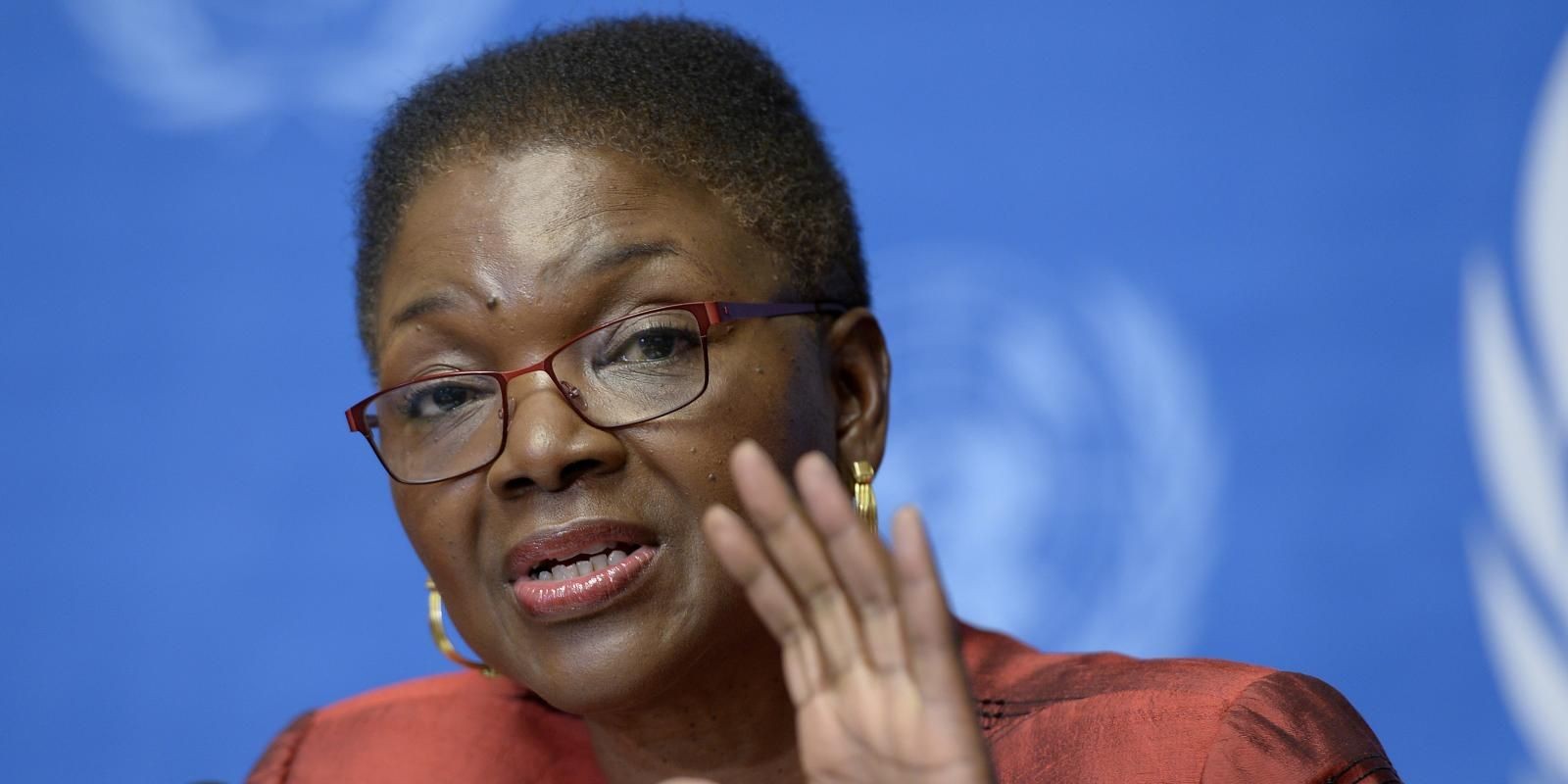Universities accused of “complacency” regarding racism
Universities have been accused of “complacency” due to a lack of senior black academics and lower achievement among ethnic minority students.
Baroness Amos, the UK’s first black woman university head, said there is much “rhetoric” about inclusivity and equality in universities which could cause “complacency” and a “slow pace of change”.
Ahead of a conference on university leadership, she said there are “deep-seated prejudices and stereotypes which need to be overcome”.
“Not even 1% of UK professors are black,” she planned to tell the conference.
Speaking ahead of the conference, Baroness Amos said universities liked to see themselves as “inclusive and internationalist”.
Yet, she said that there has been “anger and frustration” among ethnic minority academic staff in senior jobs over their under-representation and the achievement gap for ethnic minority students.
She added: “University leaders need to acknowledge that we are not doing enough.”
Baroness Amos graduated from the University of Warwick with a bachelor’s degree in Sociology and went on to work in a number of prestigious positions such as International Development Secretary and Leader of the House of Lords.
After working as the United Nation’s Under-Secretary-General for Humanitarian Affairs and Emergency Relief Coordinator, she was appointed the director of the School of Oriental and African Studies (Soas) in 2015.
On Wednesday, she addressed the Black and Minority Ethnic (BME) Leadership for Higher Education Summit, which was organised by Advance HE, a new agency that aims promote equal opportunities in universities.
Examples of gaps in representation and achievement to be presented at the conference were:
- Out of over 18,000 professors at UK universities, only about 110 are black
- Only 3.2% of academic managers, directors and senior officials are from ethnic minorities
- There is an average pay gap of 16% between UK-domiciled white and ethnic minority academic managers, directors and senior officials
- There is also a 15-percentage point gap between ethnic minority and white students getting first-class or upper-second degree grades
- Dropout rates are higher among black undergraduates
Baroness Amos said that conversations about racism are difficult because the debate often “degenerates” into arguments about whether individuals or viewpoints are racist.
She said that, as a result, the bigger picture of deep-rooted, “insidious”, institutional prejudice is missed.
“As a black person I know how hard it is to explain the pernicious and debilitating impact of day-to-day racism,” she continued.
“Many of us don’t talk about it, but that doesn’t mean it’s not there.”
Chief executive of the Office for Students, Nicola Dandridge, says that the new regulatory authority for higher education recognises the “gaps in outcomes between students in certain ethnic groups”.
“Addressing these gaps, so that students from all backgrounds are able not just to get into higher education, but get on too, is a priority for the Office for Students,” said Ms Dandridge.
The National Union of Students has claimed that universities can be “more concerned about their reputation” than tackling racism.
There have been several reported racist incidents at UK universities recently. In March, a student at Nottingham Trent University filmed footage of students’ chanting “we hate the blacks” outside her dorm room.
Earlier this month Exeter University expelled students after messages posted in a WhatsApp group chat using racist language were exposed.
Racist language was found in another group chat among students at the University of Warwick this month, including one student in the chat advocating a “crusade for racism”.

Comments